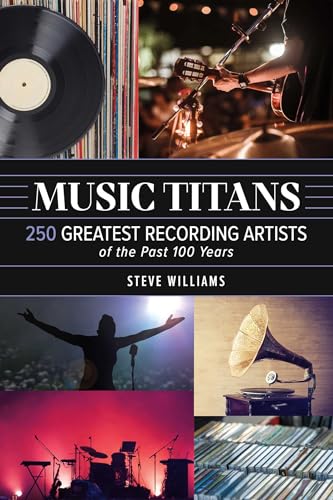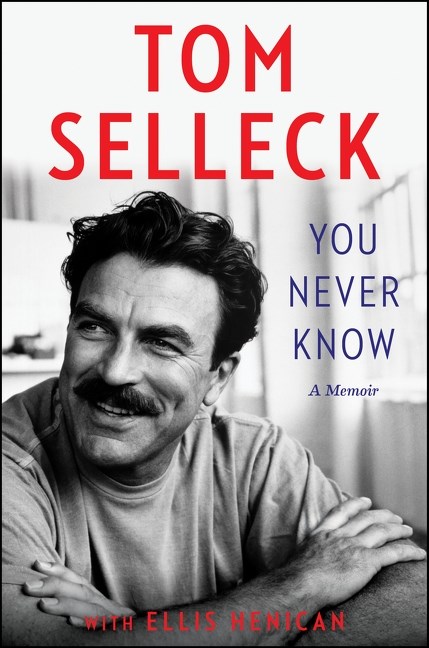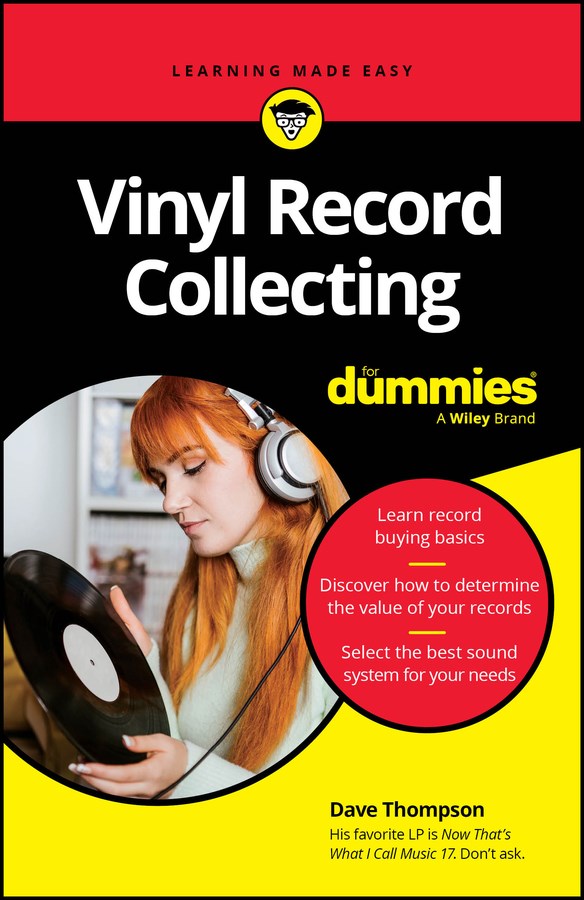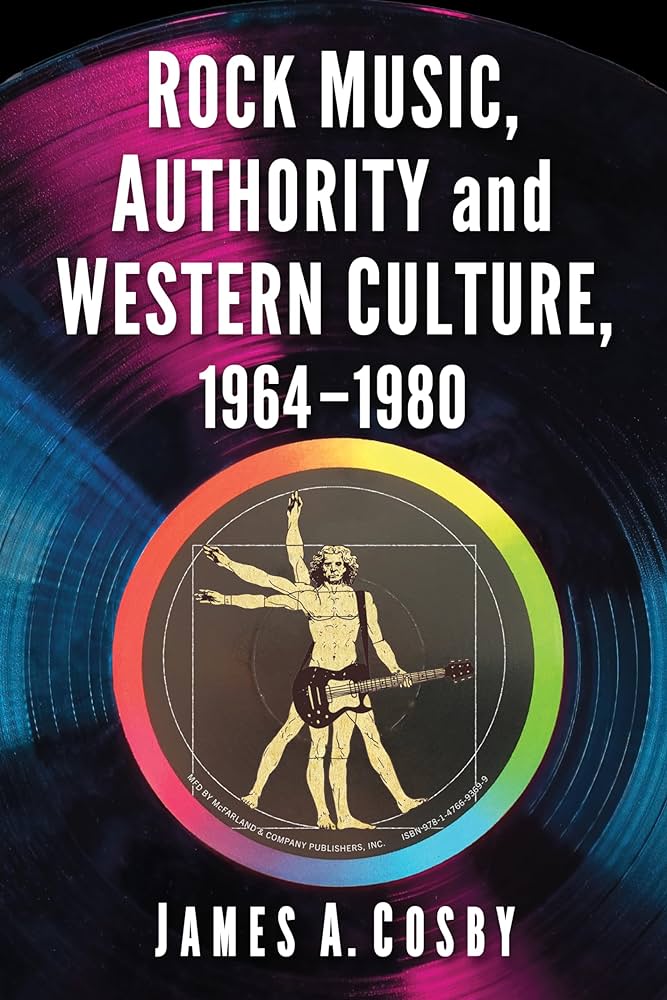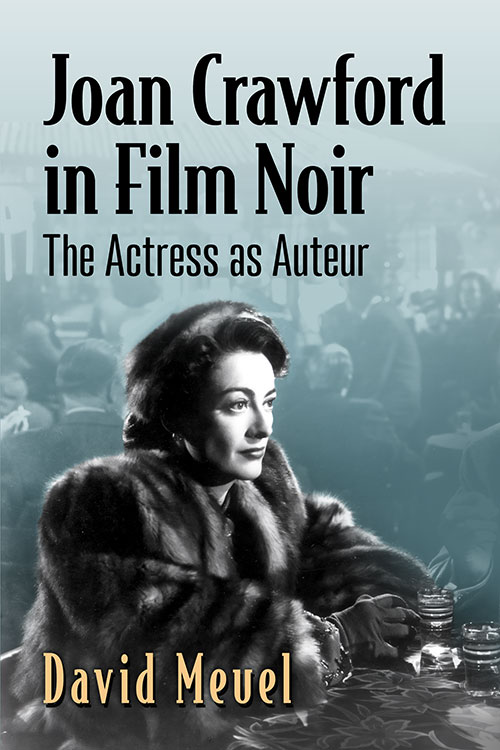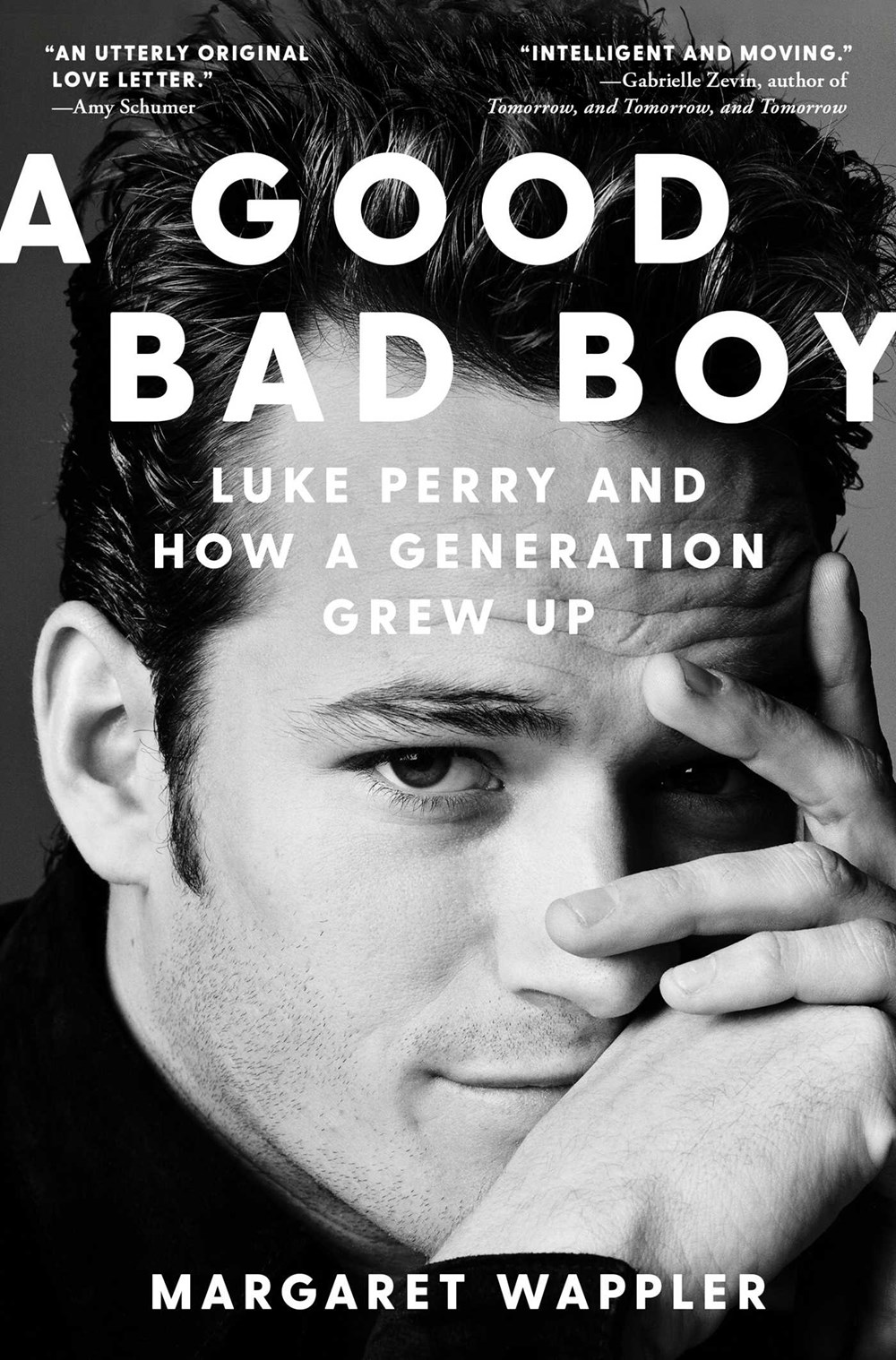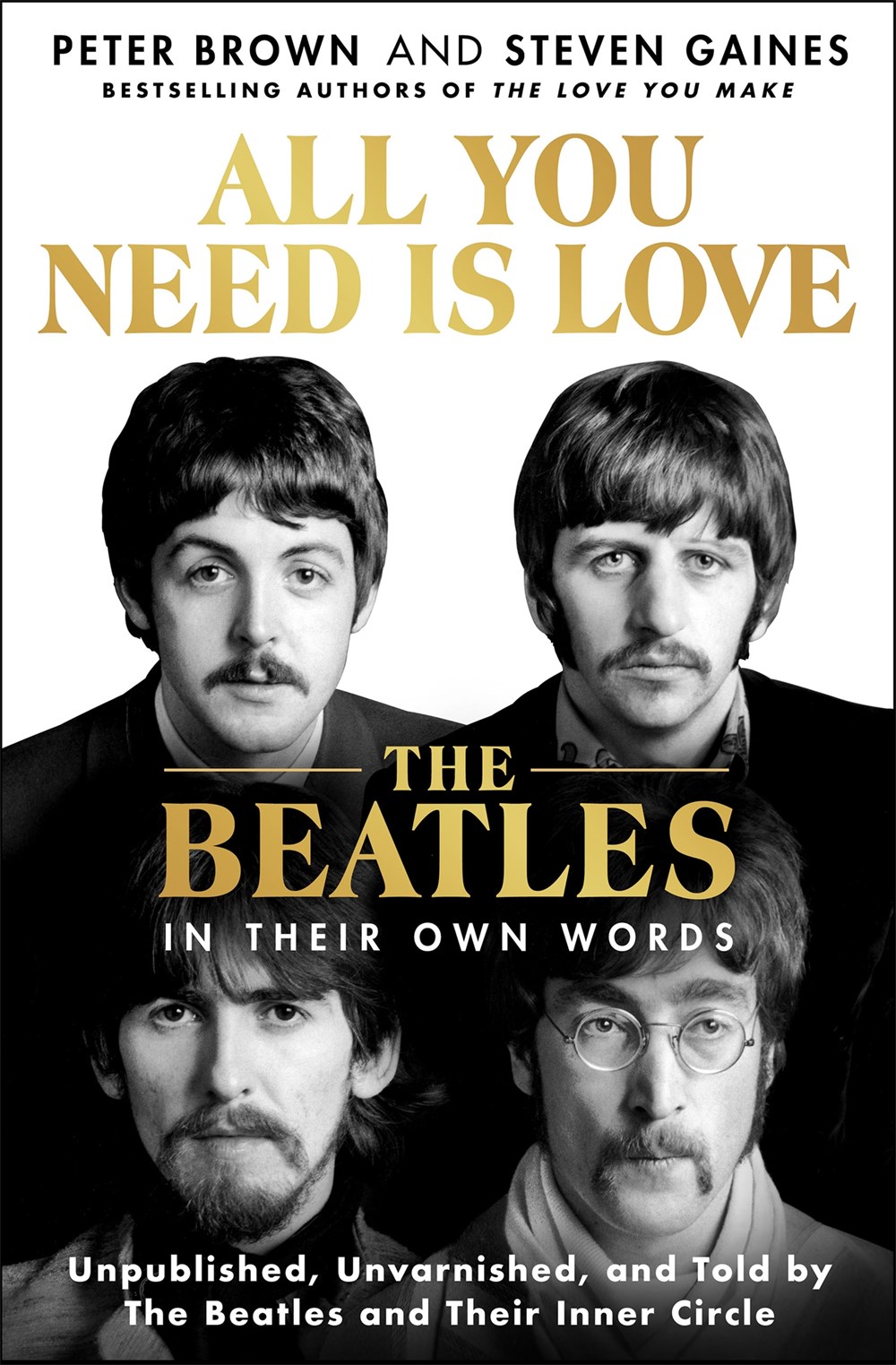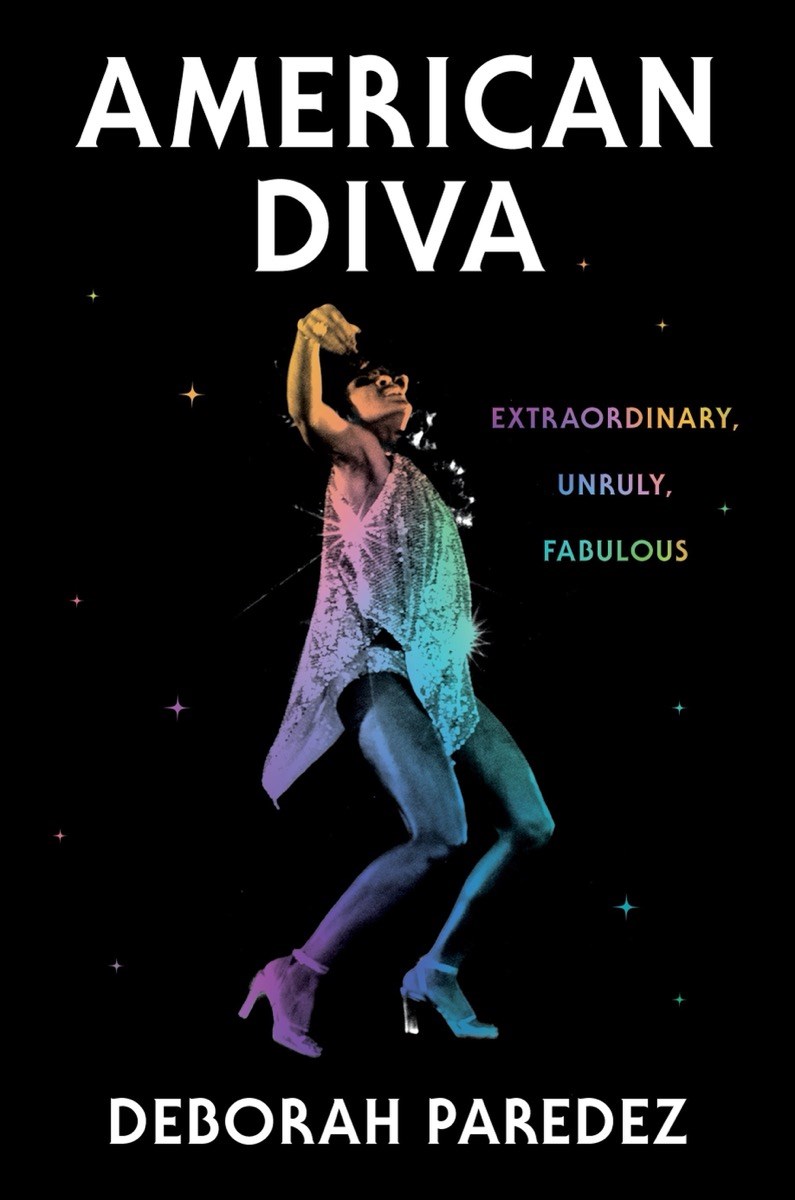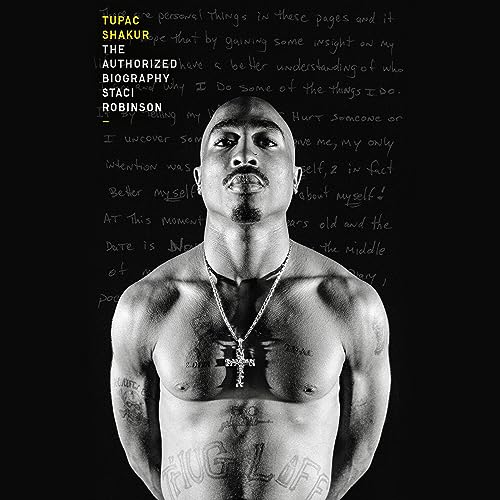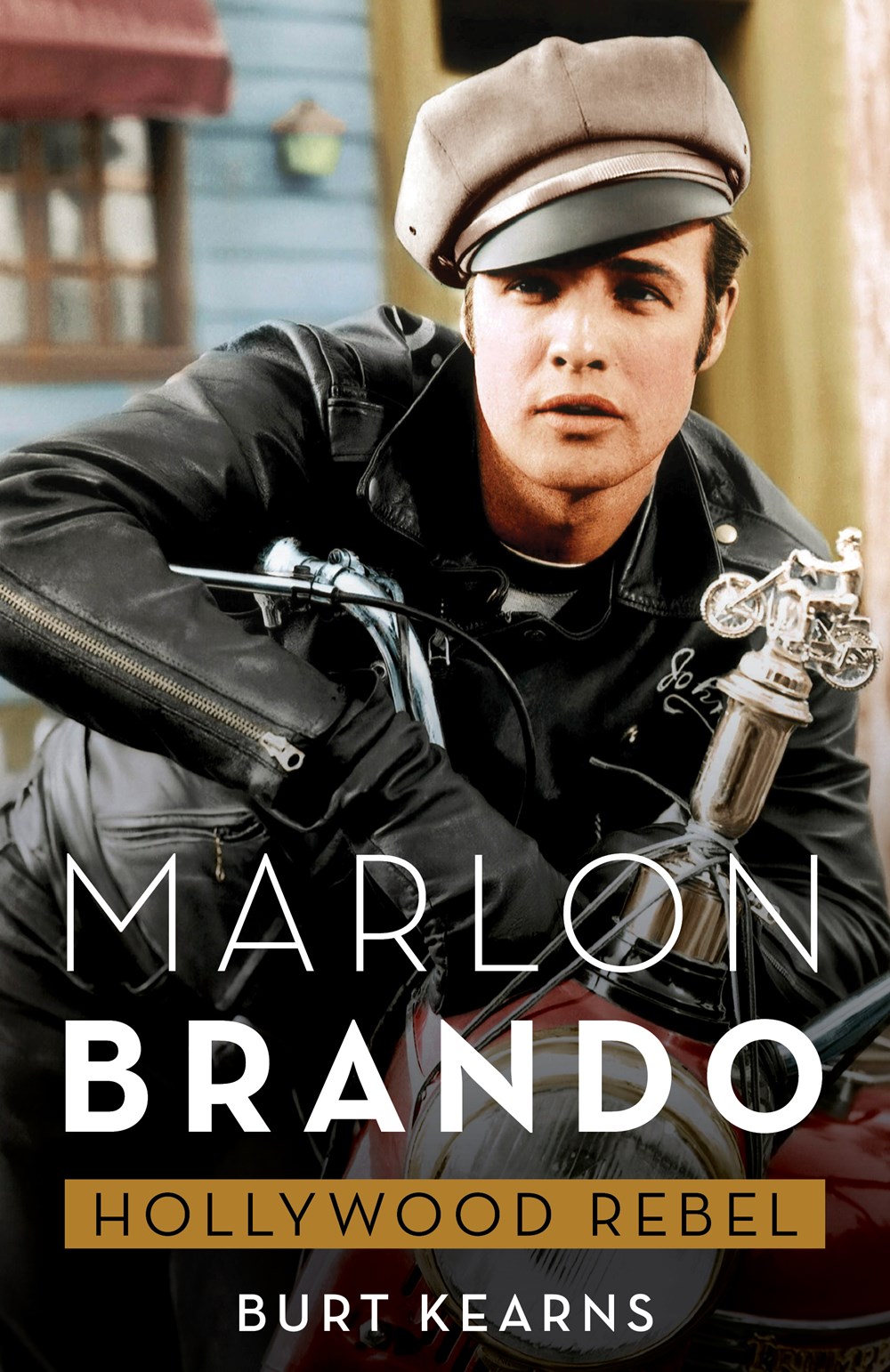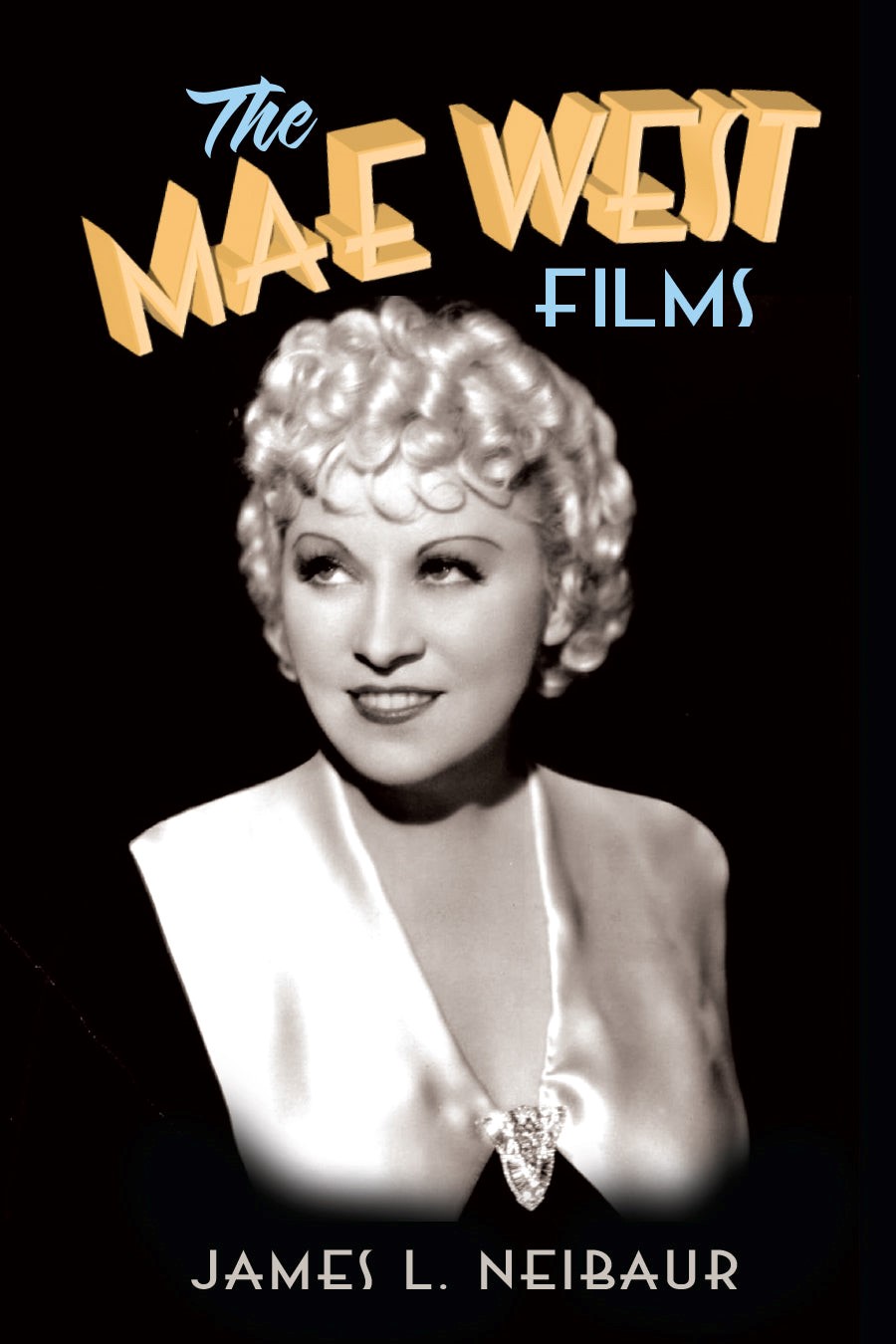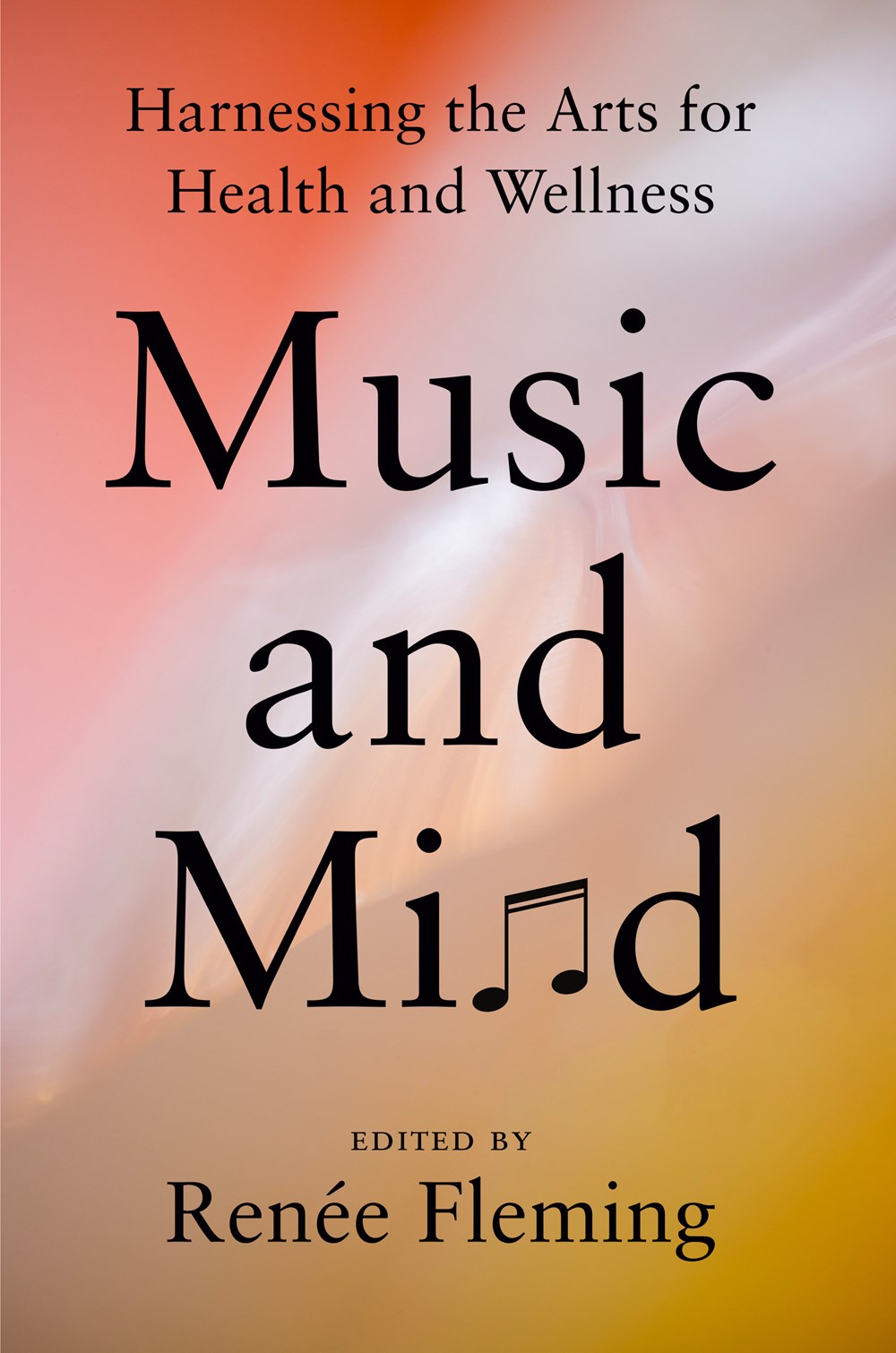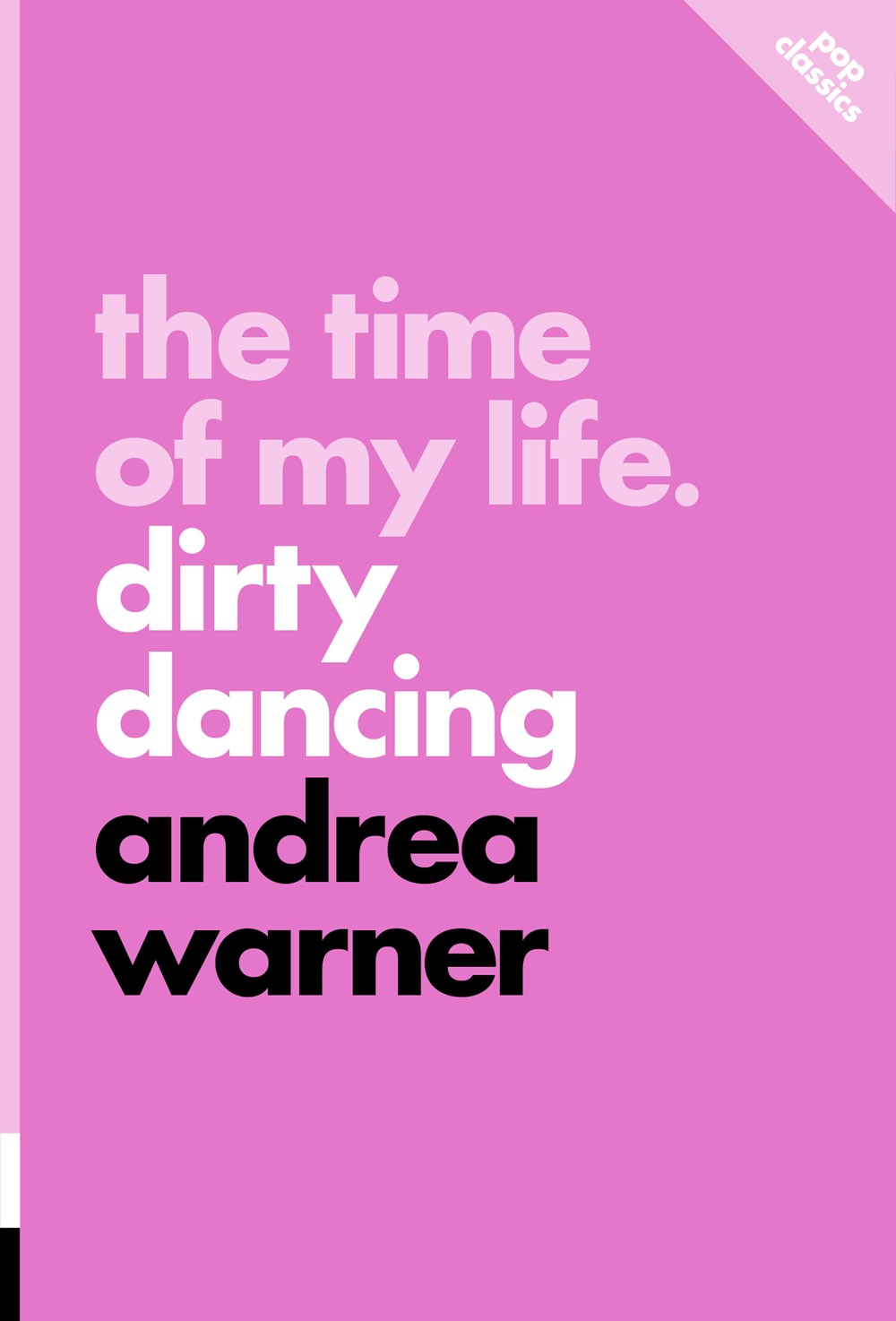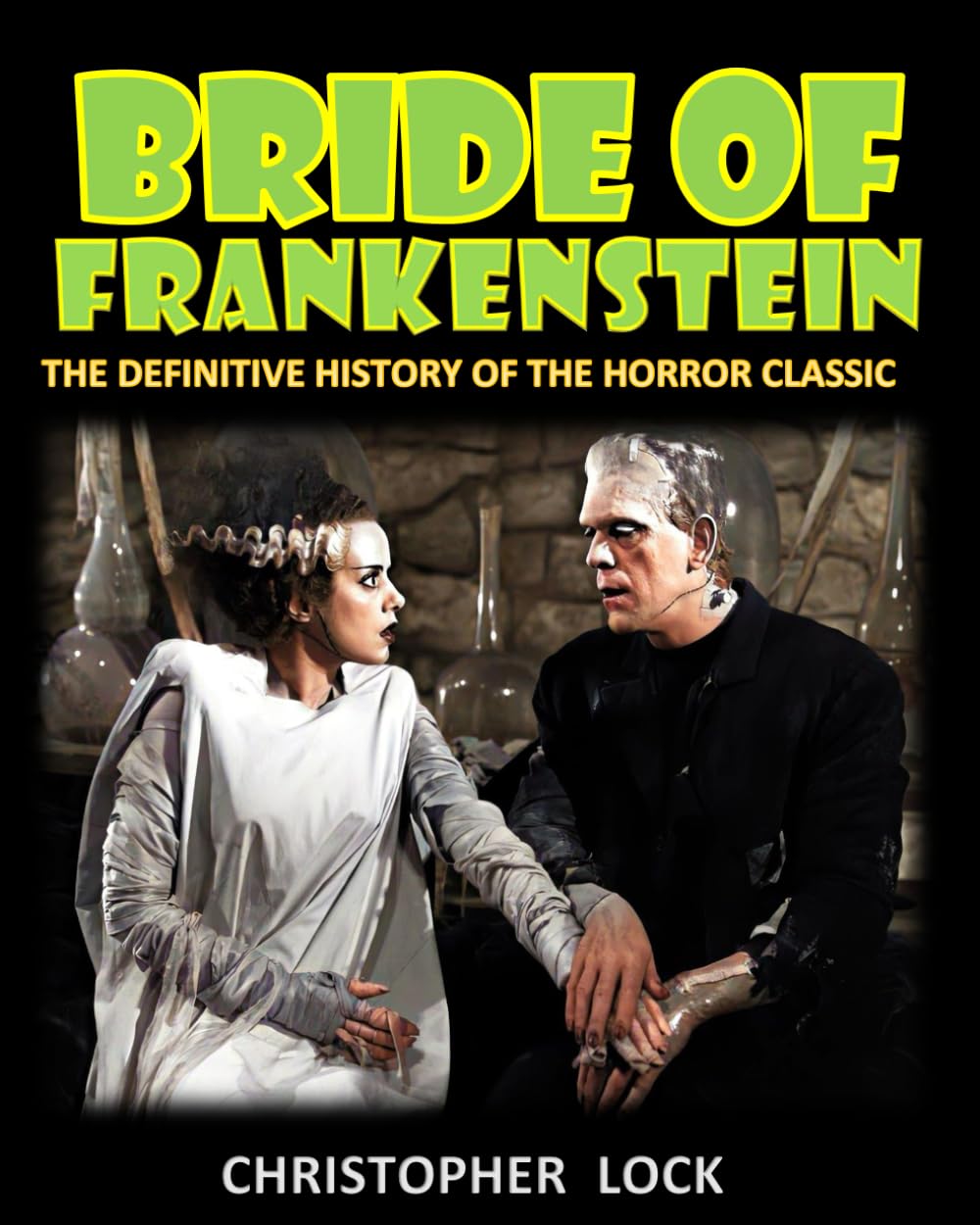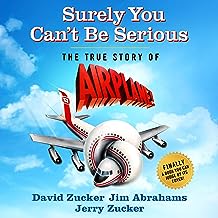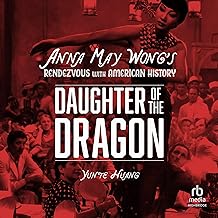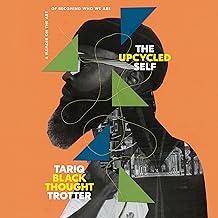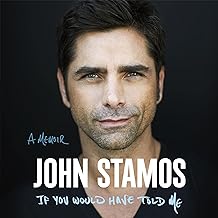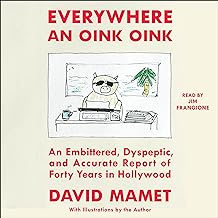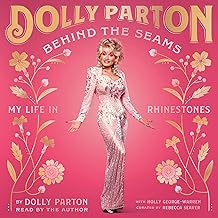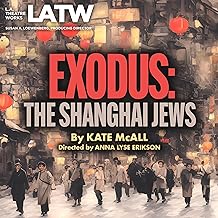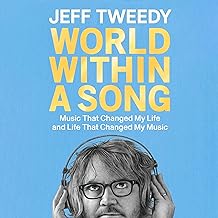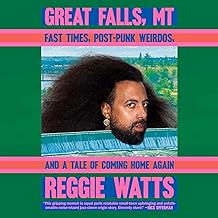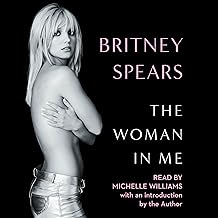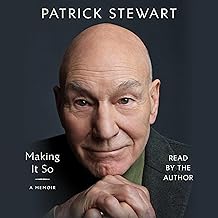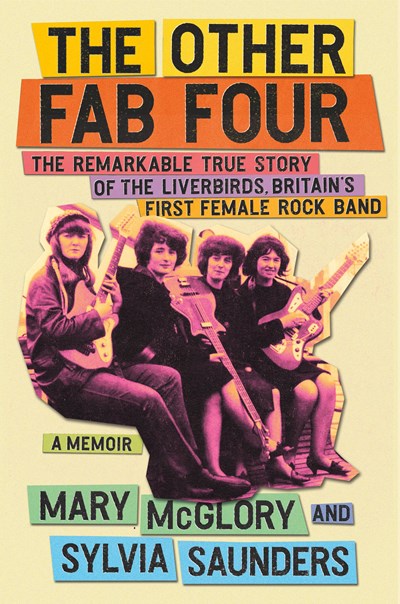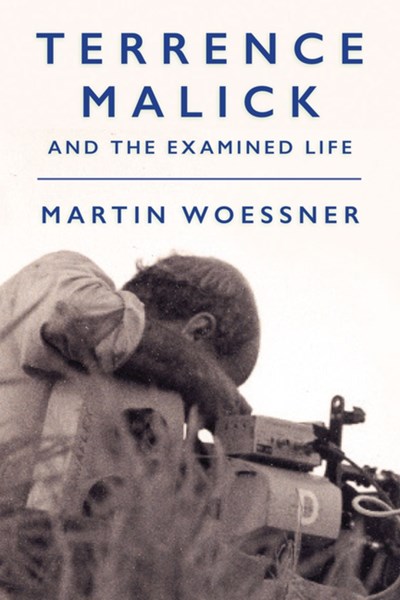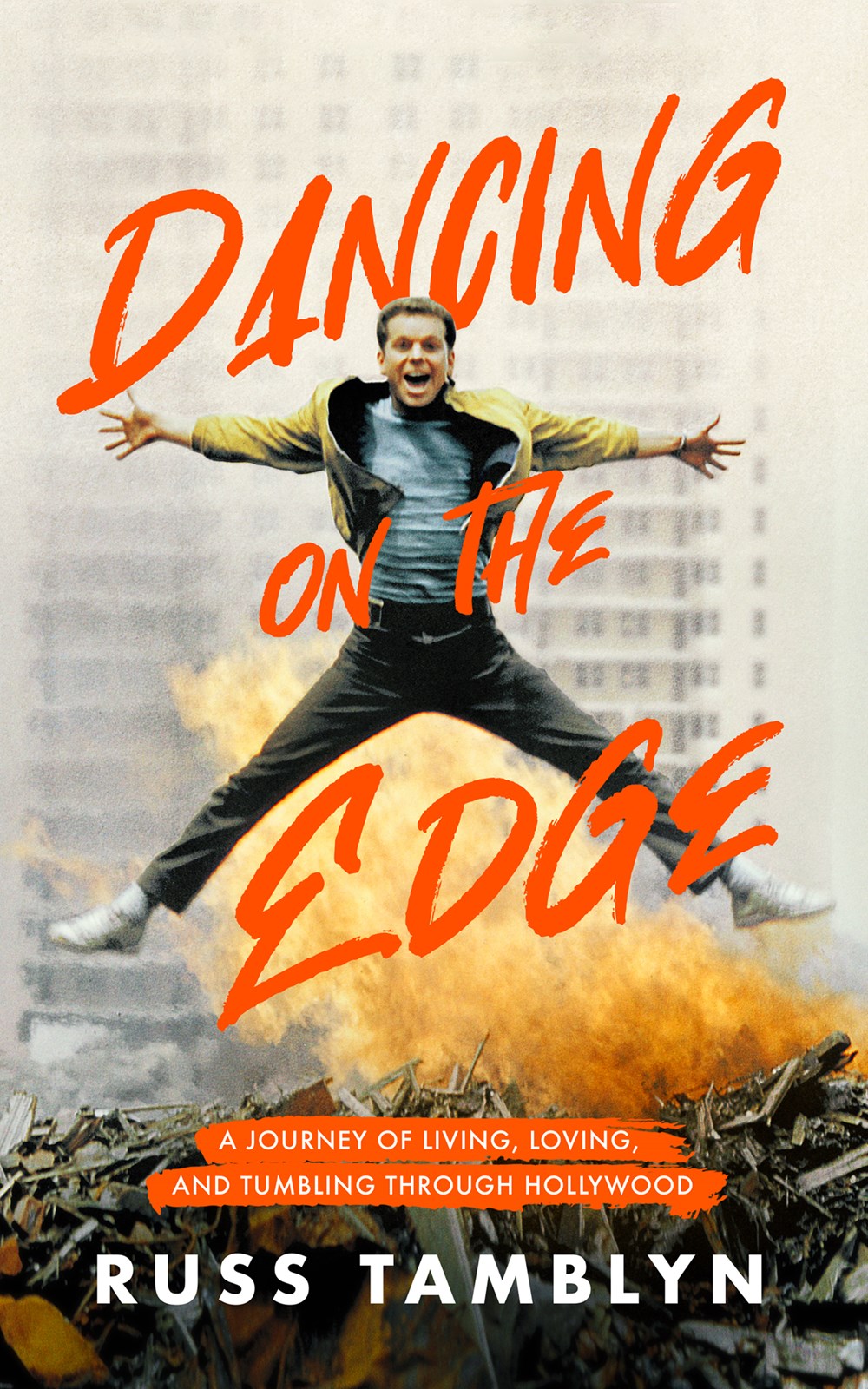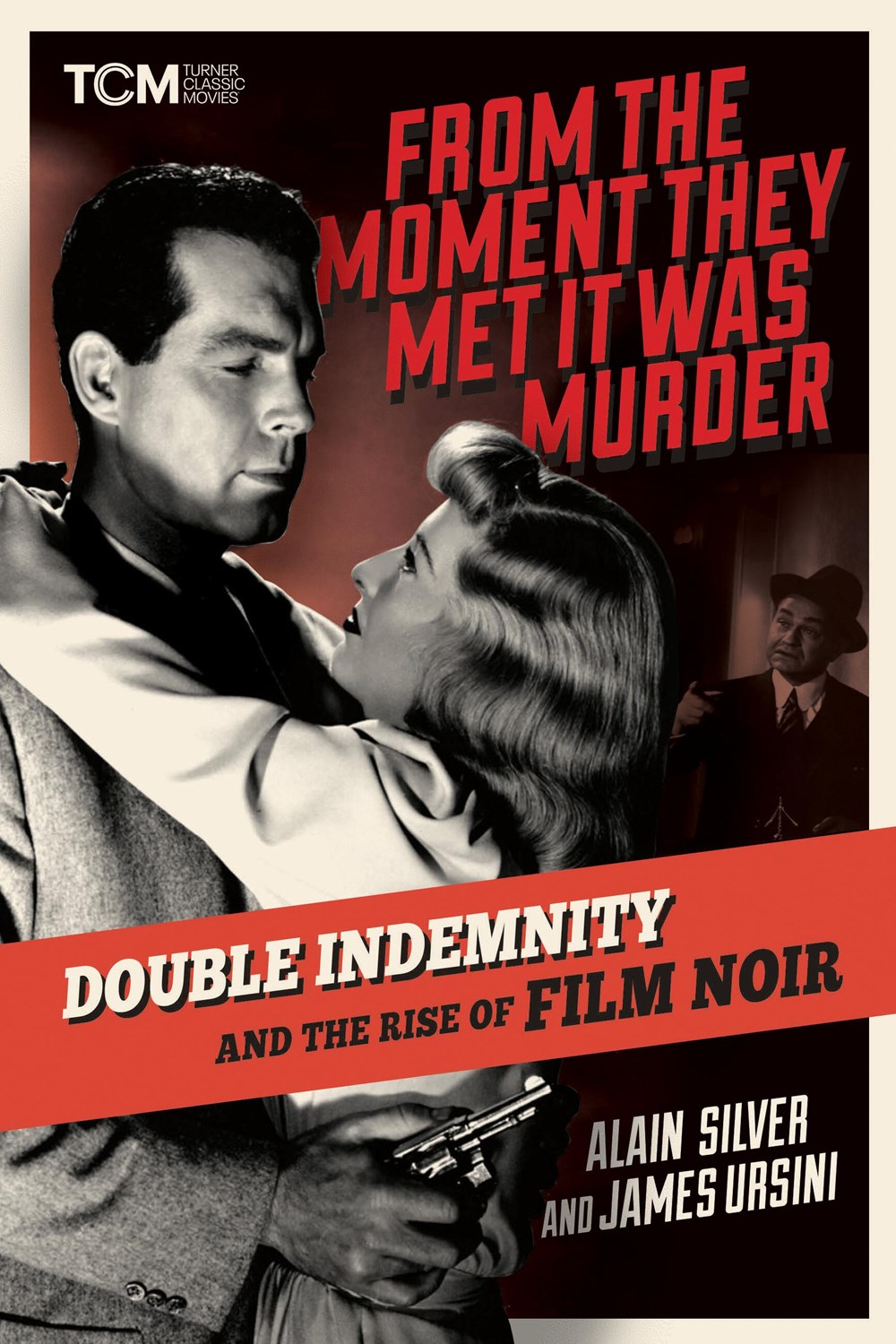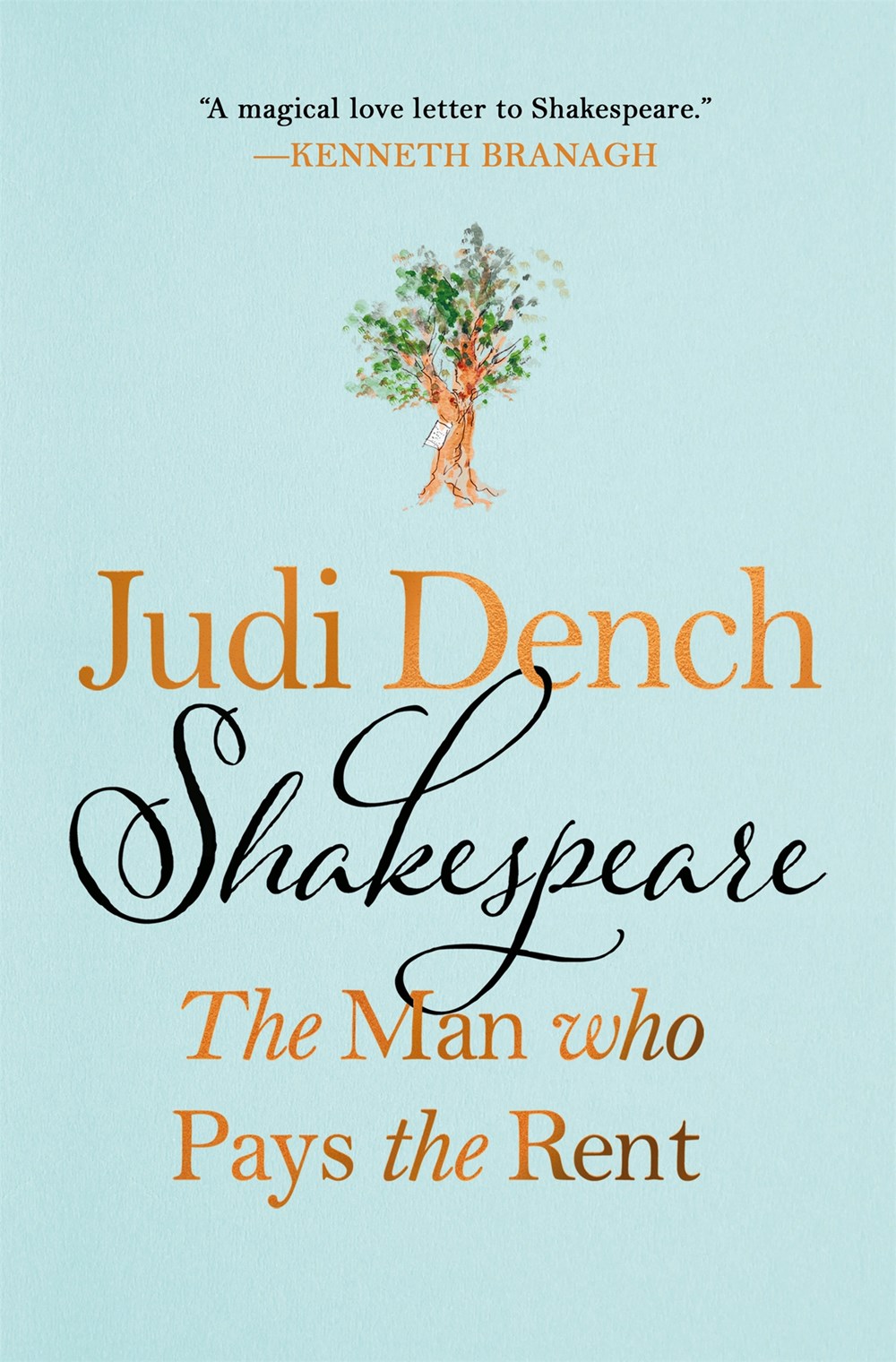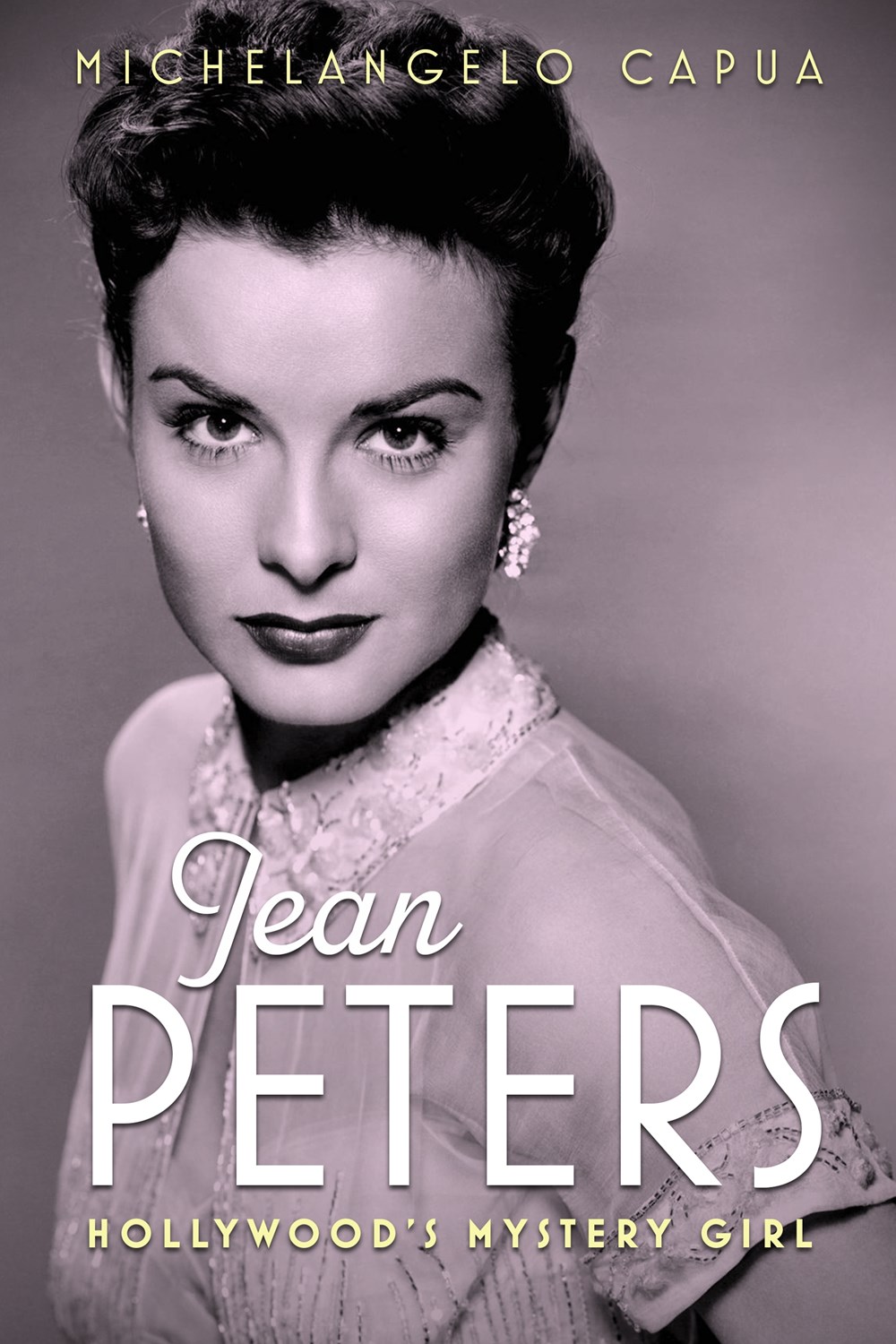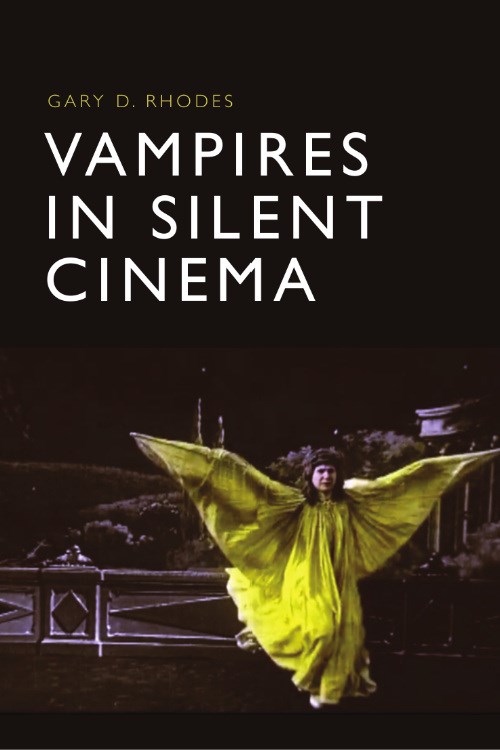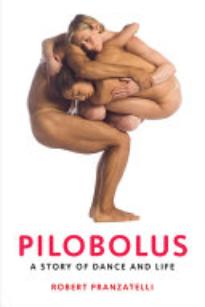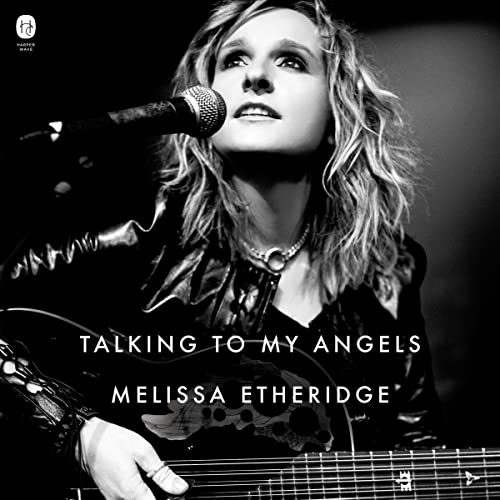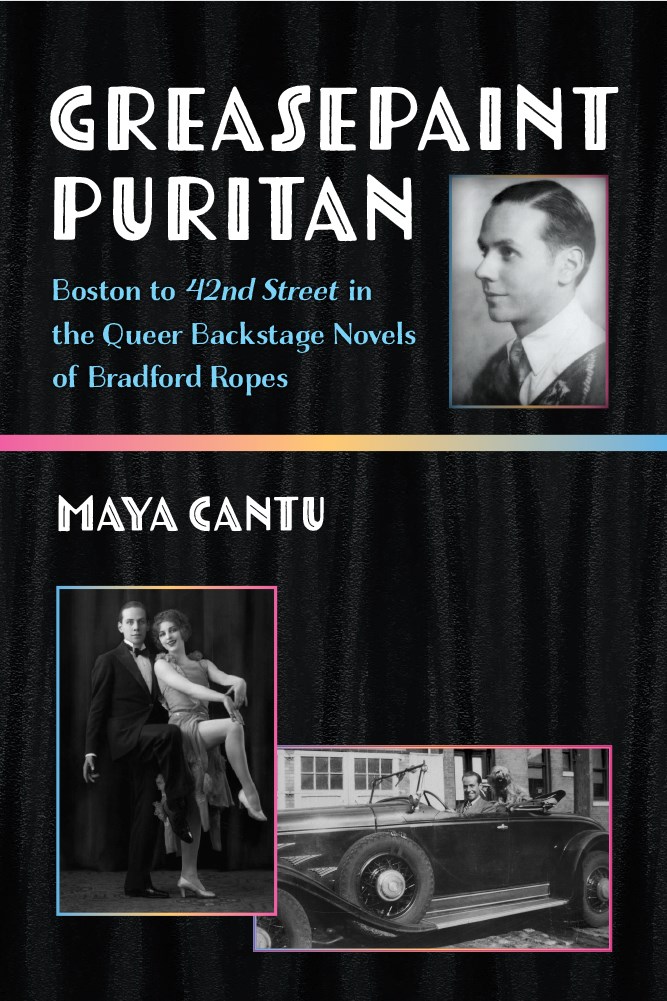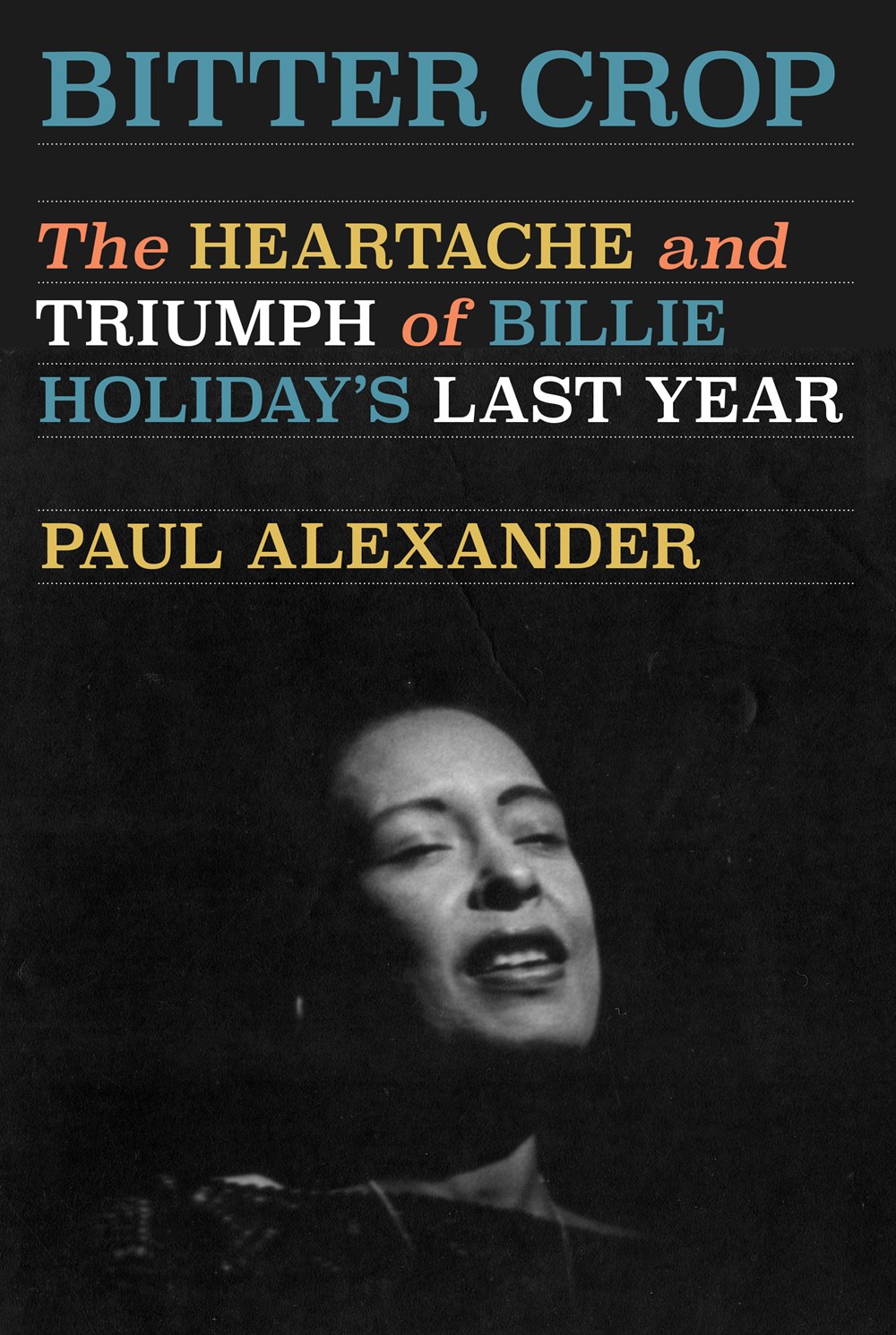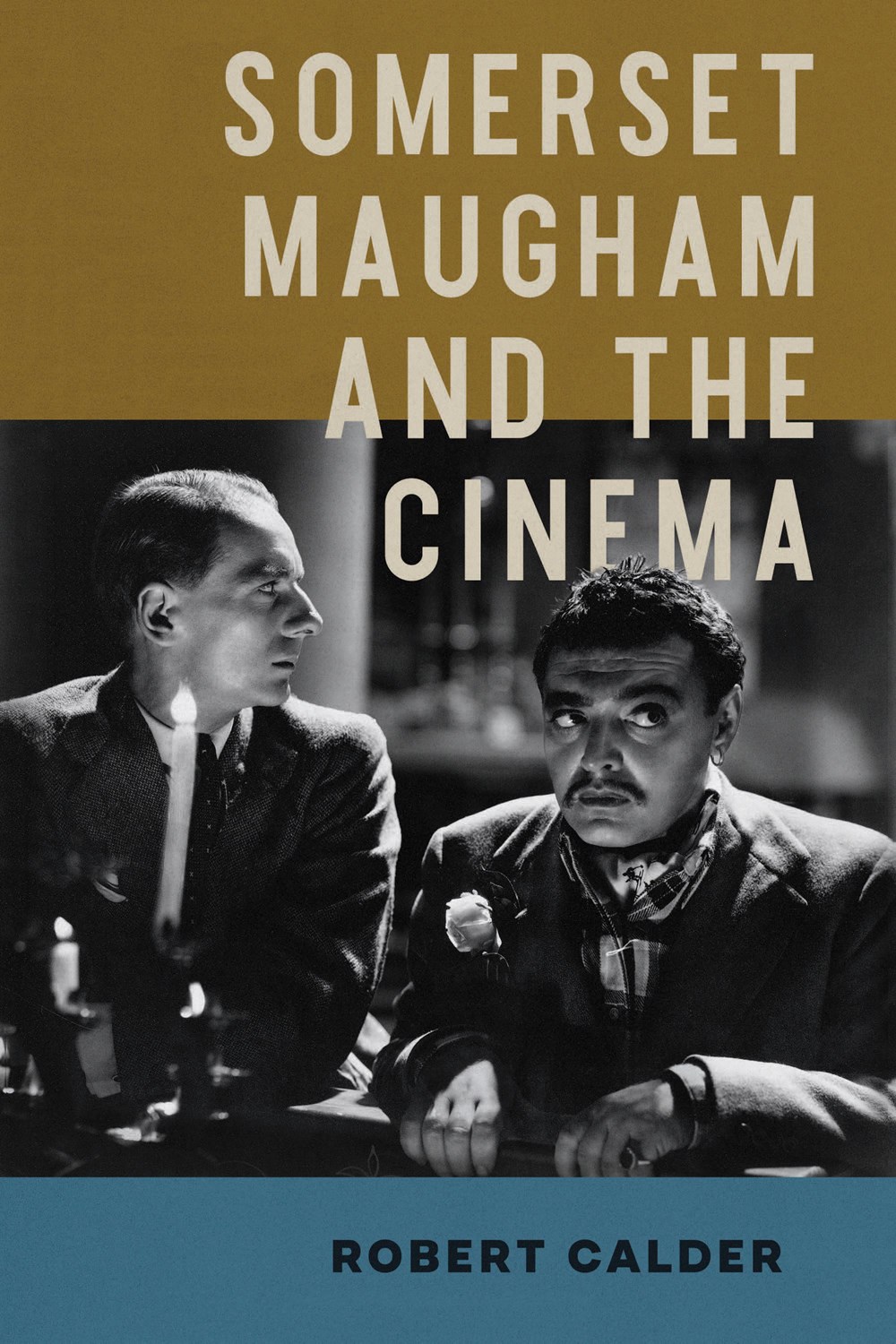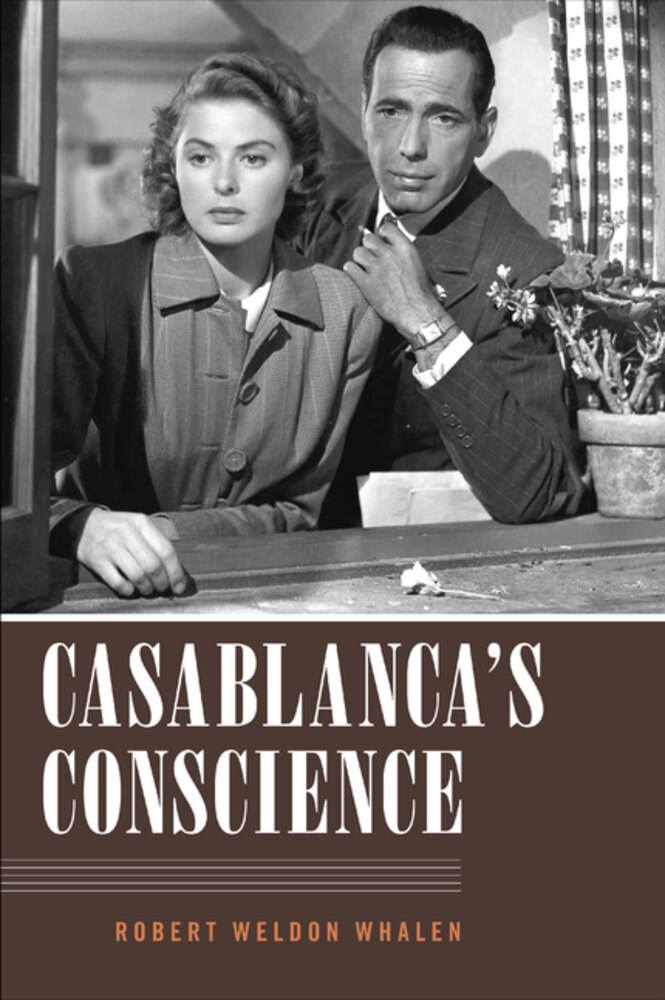Related
Readers interested in Hitchcock’s work instead of his personal life will find this an essential volume. It’s a wonderful treat for all fans of Hitchcock and filmmaking.
PREMIUM
What a Fool Believes: A Memoir
An engaging story that readers of music bios will enjoy. McDonald’s musical journey as a backing singer, a side musician, and a front man is fascinating because it is different from that of many other pop/rock stars.
Energetic and revealing, this title will surely please Devantez’s listeners and fans. Aficionados of tragicomic, gossip-tinged memoirs will like it too.
Fans of the film and moviemaking students will discover a new appreciation for the process of bringing Scarface to life (and death).
Fans of well-told film biographies will relish the film synopses, newspaper critics’ contemporary observations, and the striking photographs.
Scheer’s memoir addresses somber truths of adolescence and abuse while never losing a sense of hope and humor along the way. Recommend this beautiful book to fans of Sam Neill, Casey Wilson, and Samantha Irby.
A wide range of readers and book clubs will appreciate this moving, healing, and absorbing memoir/music history.
Experiencing this book is more akin to wandering down a scenic path than traveling a timeline of someone’s life, and there is no other musician better suited for this style of biography than the ever-changing Mitchell. Powers’s highly anticipated title lives up to the hype and is sure to be on many lists of the best books of the year.
Classic-movie fans will find this an entertaining overview of the genre and probably some of their favorite films. Some may even add one or several new titles to their to-watch list.
PREMIUM
The World Got Away: A Memoir
A detailed account of Rouse’s work that’s also part memoir. The latter is presented nonchronologically, which may be too difficult for some readers to easily follow.
A refreshing and attentive suite of composite portraits for jazz fans and readers interested in the intersection of art, culture, and politics in the 20th-century United States.
Told mostly in chronological order, this breezy and moving memoir portrays a close-knit family that includes a daughter who is also a celebrity. A fine addition to biography collections.
A challenging meditation on nonconformity in mid-20th-century cinema that includes a filmography list influenced by Italian and French New Wave cinema. Cultural critics might enjoy this book more than general readers.
This book about innovative creators who bring their true selves to their art form and contribute to its evolution will appeal to dance audiences, professionals, and students. An excellent choice for libraries looking to add to their dance collections.
A unique and detailed self-portrait that will prompt readers to seek recordings of Gordon’s innovative works. The discography and lists of compositions and publications are thorough and helpful.
Moving, definitive, and entertaining. This title about both the Mommie Dearest book and film might surprise even the most diligent movie-trivia lovers and will also captivate readers who don’t normally gravitate toward nonfiction.
A fascinating and personal portrait of a singular performer. Winkler succeeds at capturing Midler’s distinctive and memorable personality, which is somehow equal parts bawdy showgirl and sensitive chanteuse.
An entertaining, informative read that comprehensively examines the work of one of the most memorable film stars who had undeniable talent and appeal.
PREMIUM
Home and Alone
Stern’s life, from a dyslexic child to a successful movie actor, is fascinating. Mixing behind-the-scenes insights from iconic movies with witty accounts of interactions with Hollywood A-listers creates a top-notch celebrity memoir.
This hefty book picks the best 250 musical artists from the past 100 years, but not everyone is going to agree with the selections.
PREMIUM
You Never Know: A Memoir
The lack of juicy personal information may disappoint celebrity gossip mavens, but Selleck’s earnestness and self-deprecating folksy style will satisfy celebrity watchers, especially Magnum, P.I. and Blue Bloods fans.
The highly knowledgeable Thompson delivers an accessible, straightforward, and comprehensive guide to the increasingly popular hobby of record collecting. Good for general readers and vinyl collectors.
Music historians will find much to like in this fantastic resource, but the perspective is more singular than balanced.
This focused study will interest readers looking for a deep dive into this specific era of Crawford’s career or surveys of the ways classic Hollywood films mingling noir and melodrama depicted women.
A poetic and inspiring treatment of the diva. Best paired with a discography and a playlist of music by the profiled divas.
PREMIUM
My Mama, Cass: A Memoir
A unique perspective from the daughter of a rock star. General audiences will get a fresh glimpse into the manipulative music business, which demanded ceaseless hard work, personal sacrifices, and a determined focus on glittery celebrity.
PREMIUM
Under a Rock: A Memoir
Written in an off-the-cuff style, this memoir offers a descriptive, highly impressionistic account of the author’s role in Blondie and his life in New York City. Will engage general readers.
This big biography of Cohen will appeal to a wide variety of readers, especially the philosophically minded.
Randall’s knowledge and respect for the performers and musicians who came before her permeates this lyrical memoir/music history hybrid. Country music fans will relish reading it.
Detailed, informative, and lots of fun. Film, television, and pop culture collections at all levels will want this.
A quick and easy read about the life and career of a trailblazing filmmaker. Will appeal to many audiences, including those unfamiliar with Seidelman’s career. Fans of Jay and Mark Duplass’s Like Brothers, Tim Murphy’s Christodora, or Alice Bag’s Violence Girl will especially enjoy.
Beautifully illustrated and engaging, this supremely well-written book will appeal to cinephiles and serve as a valuable, essential, and much-consulted resource.
PREMIUM
On Rhetoric and Black Music
Best for scholars focused on the link between Black music and rhetoric.
An insightful explication of how some blues songs were hidden and censored, with a revelatory oral history.
A fast-paced, fascinating tell-all that’s a previously untold account of the seamy side of Hollywood, politics, and mob activity.
The writing in this book is whip-smart and funny. It produces a fully realized portrait of a mysterious film genius.
Raw and painful to read at times but compelling in its honesty, this memoir about the Dunnes will appeal to movie and true-crime fans.
PREMIUM
Marlon Brando: Hollywood Rebel
An entertaining and enlightening study of Brando’s impressive influence.
PREMIUM
The Mae West Films
Budding film historians or devotees of classic cinema will appreciate this niche title about Mae West.
A fresh and appealing addition for film displays. It’s a foundational and fun overview for readers interested in learning more about classic and contemporary Hollywood fashion.
A portrait of an artist’s evolution that should resonate with hip-hop lovers and Roots fans alike. It’s short and will leave listeners wanting more.
Stamos shares the shiny and not-so-shiny memories of his past, reflecting on the importance of experiencing the good times and the bad. An excellent choice for those who enjoy memoirs and pop culture or are avid John Stamos fans.
PREMIUM
Everywhere an Oink Oink: An Embittered, Dyspeptic, and Accurate Report of Forty Years in Hollywood
Recommended for fans of supercilious arts and entertainment autobiographies. Perhaps more palatable in print, as readers can absorb the information at their own pace; the audio format is an optional purchase for most libraries.
Part memoir, part fashion manifesto, part archive, this engaging audio bursts with humor, confidence, and candor. The production deserves all the rhinestone stars it will earn.
PREMIUM
Exodus: The Shanghai Jews
A short but compelling docudrama that breathes life into the accounts of a too-little-discussed population of Holocaust survivors in Shanghai. Share with educators and general audiobook listeners seeking accounts of Jewish refugees or World War II history.
Tweedy’s charisma shines throughout this outstanding blend of memoir, music appreciation, and all-around joy. The journey through Tweedy’s musical history will have listeners hitting pause to check out the many songs he references.
Though Spears’s words are affecting on their own, narrator Williams’s gentle Southern drawl and slight vocal fry make this gripping memoir an unputdownable must-listen.
PREMIUM
Making It So: A Memoir
Recommended for fans of Carrie Fisher’s memoirs or Dave Grohl’s The Storyteller.
This exhaustive, annotated treatment about Rodrigo’s work is best for musicologists, although cultural historians will find it helpful.
A breezy, charming, heartwarming work for fans of Broadway and its stars. It shows love for theater craft and Broadway’s powerful sense of community while also recognizing that roads to success are often long and bumpy.
Exemplary research, culled from a plenitude of interviews with Hunt’s family, friends, and coworkers, reveals a talented artist with tireless energy, enthusiasm, wit, and personality.
A contribution to the lesser-known field of media distribution, this joins Joel Frykholm’s George Kleine and America Cinema and Michael Quinn’s dissertation “Early Feature Distribution,” which Long praises. Economic historians and attorneys interested in contracts and court rulings might be the most natural audience for this dissertation-styled book.
A probing, emotionally raw memoir that’s an introspective examination of RuPaul’s family and the issues he confronted before embracing self-love.
A thoroughly researched and superbly written study of a remarkable woman. An important addition to film history and cultural studies collections.
With his role in the Twin Peaks reboot and his numerous dance numbers finding new life online, Tamblyn, his engaging memoir, and his stories will be of high interest.
A highly specialized book that may have a narrow audience. Hahn’s hilarious writing style, however, makes this one of the more amusing film reference works available.
There’s little new here about Bowie, but this is an appealing look into a legendary era of rock. For Bowie fans and completist collections.
For readers interested in works about feminism and sex in the late 20th century or in biographies of historically overlooked women.
A remarkable resource that will please both musical professionals and amateurs, along with teachers and their students, and conductors and singers.
A compendium of great wit and wisdom with universal appeal. Both Shakespeare fans and novices, especially students who might find his language difficult to understand, will be delighted.
The author clearly did an incredible amount of research, but much of Peters’s personal life remains a mystery.
PREMIUM
Vampires in Silent Cinema
Though written for academic audiences, this title is engaging. Movie buffs will appreciate the extra effort Rhodes makes to resurrect films lost to time.
This detailed and well-researched biography gives the Bee Gees proper respect. For fans of the group and music memoirs.
A solid blend of history and nostalgia about cassette tapes that’s perfect for Gen Xers and older readers.
Will be popular with fans of pop culture and aficionados of film and TV history, as it not only covers the creation of The Blues Brothers abut also serves as a dual biography of Aykroyd and Belushi.
Film historians and Cleopatra aficionados will enjoy the book’s many juicy details, but expect repetition.
Highly recommended for libraries that collect for sophisticated dance audiences and for scholars looking for in-depth, historical documentation on a revolutionary dance company. Pranzatelli’s vivid descriptions of the group’s canonical pieces will have readers running to find videos to see the magic for themselves.
A fascinating and complex study of the musical evolution of two legendary artists. Best for serious jazz aficionados.
Illuminating diary entries by a jazz legend; highly recommended reading for fans, musicians, and general audiences.
PREMIUM
Tuned In: Memoirs of a Piano Man
This vicarious adventure and engaging memoir teaches that learning a marketable trade, in this case piano tuning, can be a useful underpinning for seeking goals that seem out of reach. Includes insightful anecdotes about music stars.
A spectacular and heartfelt memoir, written with invigorating passion and read with endearing humor.
Longtime Etheridge fans and those new to her work will be blown away by her music and grace-filled, courageous personal narrative.
Multilayered and eminently revisitable (like the play and the film), Gefter’s wonderful book helps readers reevaluate vis-à-vis values prevalent half a century later.
A definitive and deeply researched biography, likely to be in high demand at all libraries, especially those with book clubs. Perfect for future journalists and young people who may not know what women went through to break into careers that were traditionally unwelcoming to them.
A richly detailed and thoughtful portrait of Candy Darling, an innovator during an era that, although on the cusp of change, had not yet evolved far enough beyond the limited boundaries of conformity.
A compulsively readable book about three jazz legends who came together for one glorious moment to produce one of the best, most influential jazz records ever.
PREMIUM
Music and the Idea of a World
A distinctive exploration of the many meanings of music. Best for music theorists and those with a background in philosophy.
Valby gives each dancer space for their stories to naturally flow, writing them as fully realized individuals with their own hopes and dreams. A heartwarming addition to performing arts biographies.
A well-researched and thorough illumination of a writer who deserves to be better known. For fans, performers, and creators of musical theater.
Ultimately, this book achieves a successful and accurate tribute to Lady Day and her immense talent while also painting a stark and honest portrait of her life and hardships. Recommended for fans of jazz and the legendary Holiday.
PREMIUM
Somerset Maugham and the Cinema
Comprehensive and admirably researched, this is a welcome addition to literature and cinema studies collections.
PREMIUM
Casablanca’s Conscience
Whalen gives readers with an opportunity to revisit a multilayered film and arms them with insights from varied philosophical perspectives. Pair it with a more traditional history, like The Making of “Casablanca” by Aljean Harmetz.
articles
ALREADY A SUBSCRIBER? LOG IN
We are currently offering this content for free. Sign up now to activate your personal profile, where you can save articles for future viewing




















